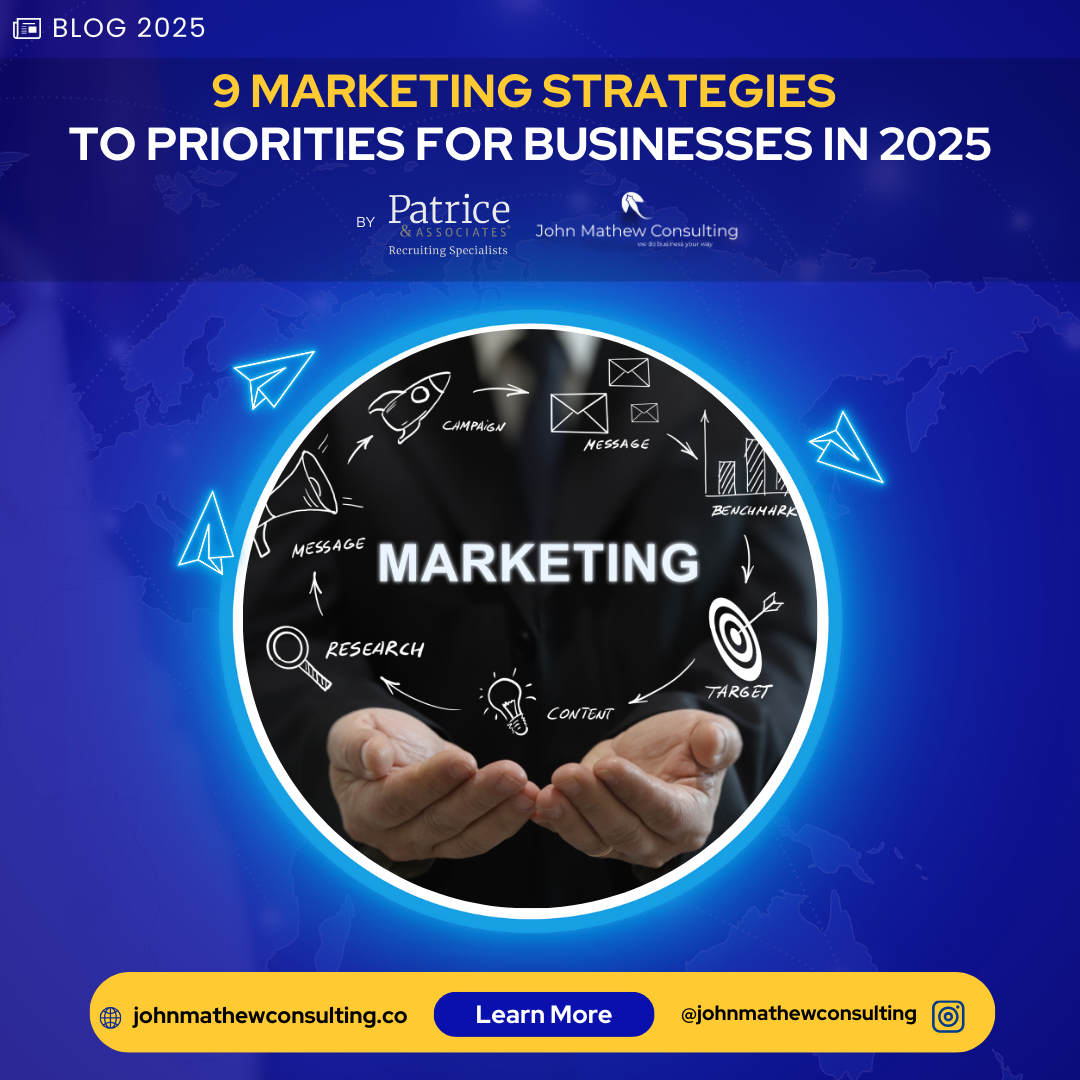5 Ways to Lead with Vulnerability and Strengthen Your Team
In an industry where exceptional service, consistency, and adaptability are key, leadership in hospitality and franchising must evolve beyond traditional authoritative styles. One of the most effective yet often overlooked leadership qualities is vulnerability. Research indicates that leaders who embrace vulnerability foster stronger relationships, inspire trust, and enhance overall team performance (Brown, 2018). According to Brené Brown (2018), vulnerability is the foundation of meaningful leadership, allowing individuals to connect authentically and lead with courage. Guest experience and brand consistency are paramount in the hospitality industry, demonstrating vulnerability can build stronger teams and drive long-term success.
Here are five ways management can leverage vulnerability to enhance team culture while maintaining authority and operational excellence.
1. Acknowledge Knowledge Gaps to Foster Continuous Learning
Leaders across all the different industries are expected to provide clear direction and timely decisions, but that doesn’t mean they have all the answers. Acknowledging knowledge gaps—especially in fast-evolving areas like guest preferences, technology, and market trends—creates a culture of continuous learning and encourages team members to contribute innovative solutions (Edmondson, 1999).
Practical Tips:
At the start of team meetings, openly discuss areas where you seek input, such as operational improvements or guest service innovations.
Encourage franchisees and frontline employees to share insights from their direct interactions with guests, helping shape corporate strategies.
When leaders admit they don’t have all the answers, they empower their teams to contribute meaningfully and drive operational excellence.
2. Share Stories of Setbacks to Build Trust & Resilience
The hospitality industry is full of challenges—staffing shortages, economic downturns, and fluctuating customer expectations. Leaders who share their own setbacks and how they overcame them foster resilience and trust within their teams. Storytelling is a powerful tool that humanizes leaders and reinforces a culture where failures are seen as learning opportunities (Shamir & Eilam, 2005). According to Brené Brown, storytelling about vulnerability helps create deeper emotional connections and trust within teams.
Practical Tips:
Share stories about handling difficult guest situations, operational crises, or early career failures to highlight perseverance and adaptability.
When opening a new franchise location or implementing a new system, discuss initial challenges and how they were overcome.
By normalizing setbacks, leaders encourage franchise owners, managers, and frontline staff to approach challenges with confidence and creativity.
3. Seek & Act on Employee and Franchisee Feedback
In the hospitality and franchise industry, feedback from employees and franchisees is invaluable for maintaining service quality and brand reputation. Leaders who actively seek and act on feedback demonstrate openness, making employees and franchise partners feel valued and invested in the brand’s success (Anseel et al., 2018).
Practical Tips:
Conduct anonymous surveys among employees and franchise owners to assess workplace satisfaction and operational challenges.
Implement an open-door policy where employees and franchisees can share concerns or ideas without fear of repercussions.
When feedback is received, acknowledge it publicly and outline the steps being taken to address it.
Creating a culture of open feedback strengthens team morale and ensures continuous improvement in guest experiences and franchise operations.
4. Admit Mistakes to Foster a Culture of Accountability
Mistakes in hospitality—whether a service failure, poor strategic decision, or operational misstep—are inevitable. Leaders who openly admit mistakes create an environment where employees and franchise partners feel safe to take ownership and improve performance (Guchait, Simons, & Pasamehmetoglu, 2016). Brené Brown emphasizes that admitting mistakes is a sign of strong leadership and builds trust within teams.
Practical Tips:
If a service failure occurs, publicly acknowledge it and outline how the team is working to prevent similar issues in the future.
When a corporate-level decision negatively impacts franchisees, admit the oversight and collaborate on solutions.
Encourage teams to share lessons learned rather than focus on blame, fostering a mindset of continuous improvement.
By demonstrating accountability, leaders model the behavior they expect from their teams, leading to higher levels of integrity and professionalism.
5. Show Empathy and Prioritize Team Well-Being
Hotel and restaurant jobs are high-pressure that demand long hours and emotional labor. Leaders who show genuine empathy and prioritize team well-being foster loyalty and reduce burnout. Brown (2018) emphasizes that empathy is key to creating psychologically safe workplaces, allowing employees to feel heard and supported.
Practical Tips:
Recognize and address employee fatigue, ensuring adequate rest and support.
Offer mental health resources or stress management programs for staff and franchisees.
Check in regularly with team members to understand their challenges and provide necessary support.
Empathetic leadership creates a positive workplace culture where employees feel valued, leading to better customer experiences and long-term retention.
Vulnerability as a Competitive Advantage in Hospitality & Franchising
In the competitive landscape of 2025, where brand reputation and guest experiences define success, vulnerability is not a weakness—it’s a leadership strength. As Brené Brown (2018) states, "Vulnerability is the birthplace of innovation, creativity, and change." By acknowledging knowledge gaps, sharing personal challenges, seeking feedback, admitting mistakes, and showing empathy, leaders build trust, encourage innovation, and create resilient teams that thrive in a competitive industry. When vulnerability is embraced strategically, it enhances both employee engagement and customer satisfaction, leading to stronger, more successful hospitality and franchise operations.
At Mathew Hospitality Management, we help businesses navigate these changes by connecting them with the right talent and strategies to drive growth. Whether you need to optimize operations, develop leadership skills, or enhance guest experiences, we’re here to support your success.



